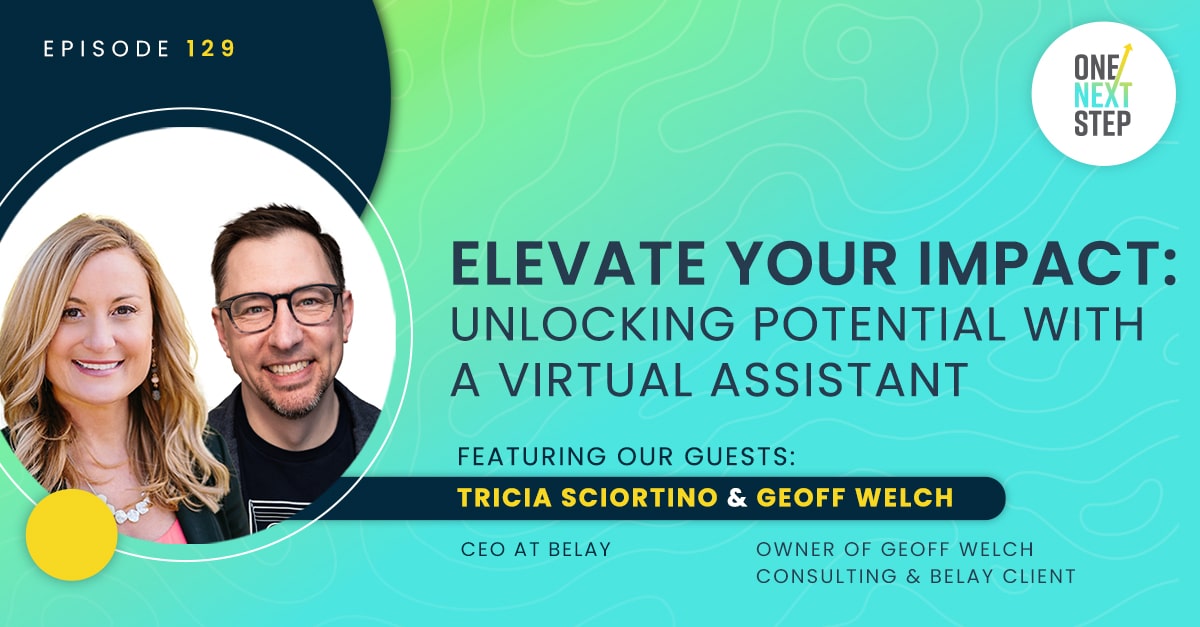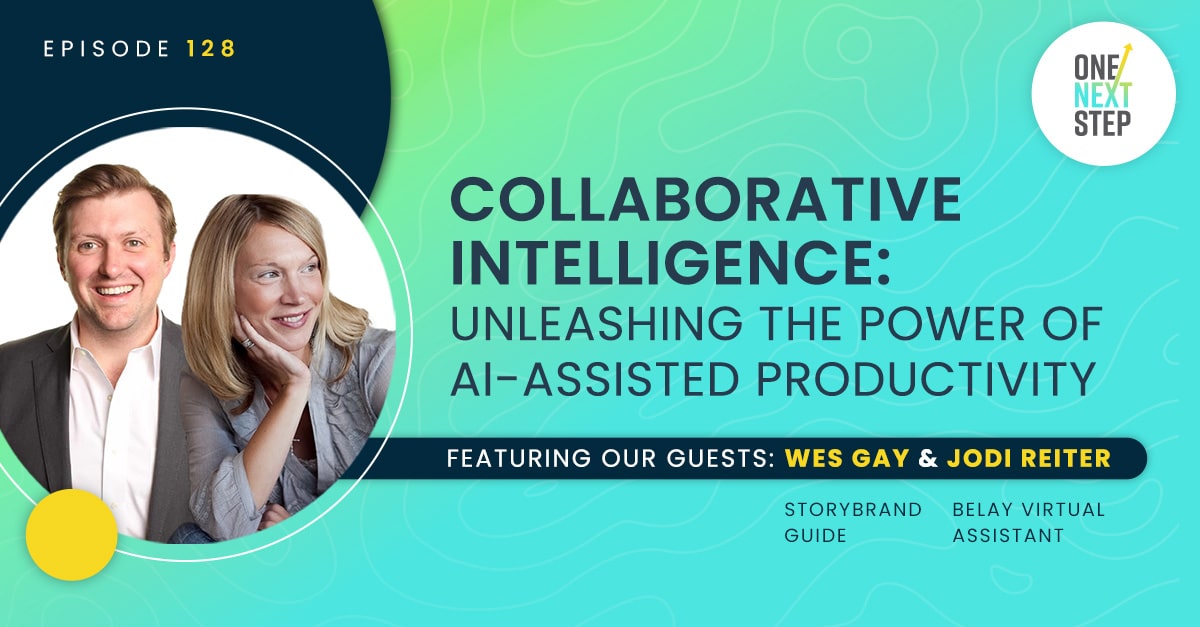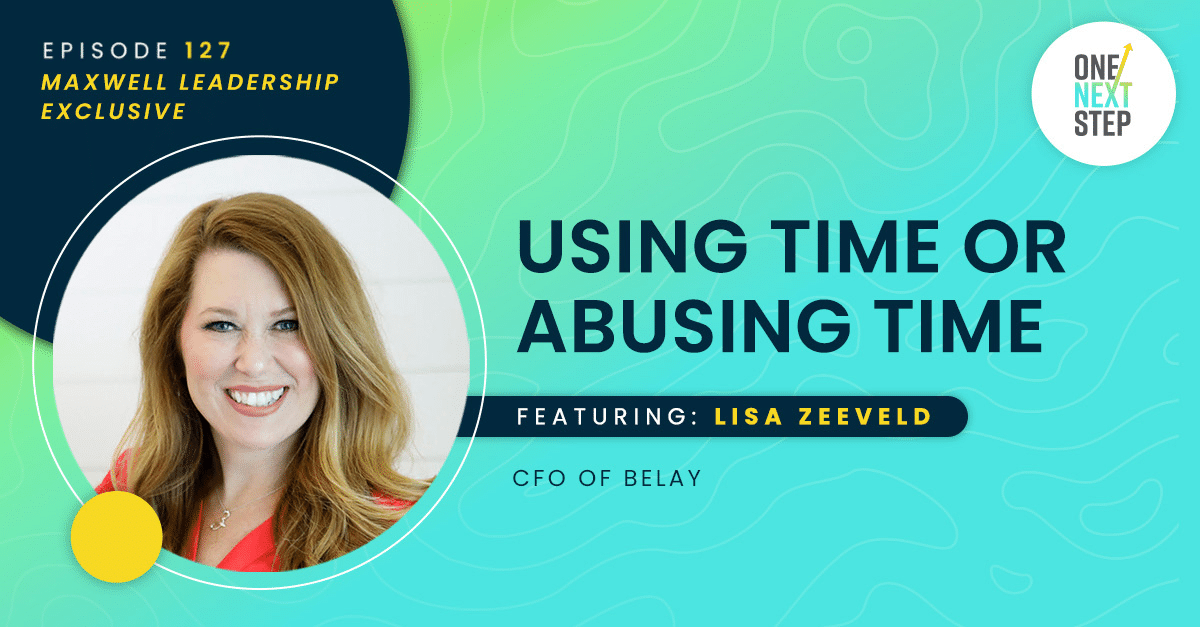1. Value x Behavior = Culture.
Look at your top employees – the ones that do everything right, who never give you anything to worry about, and are just ideal team members. Those employees are the model for what you should want when you talk about your organization’s culture. Their everyday behaviors reflect their values, which in turn has a tremendous impact on your culture.
2. Culture is measurable.
It shows up in your metrics because a high-performing, healthy team produces great results. Engaged workers are less absent and more plugged into your mission and vision. The more workers like this you have on your team, the more your culture grows strong and produces tangible results like lower turnover and higher profit.
3. The three great elements to an organization’s working environment are purpose, culture, and strategy.
Culture is the linchpin that ties the other two together. If your culture isn’t healthy, you can have the best strategy in the world and still have difficulty executing. That’s because you’re spending so much time on things like people dynamics – a disgruntled worker, infighting, someone who isn’t clear on their job, etc. Focusing on culture before strategy allows you to be more proactive, rather than reactive, when dealing with your team.
4. You can be self-aware without being self-critical.
Nobody is perfect. We all have flaws. The goal is to be a better version of yourself tomorrow than you are today. Look at yourself from a positive, constructive eye. A lot of people are so hard on themselves and they tear themselves down all the time – that approach will never bring you to a point of growth.



